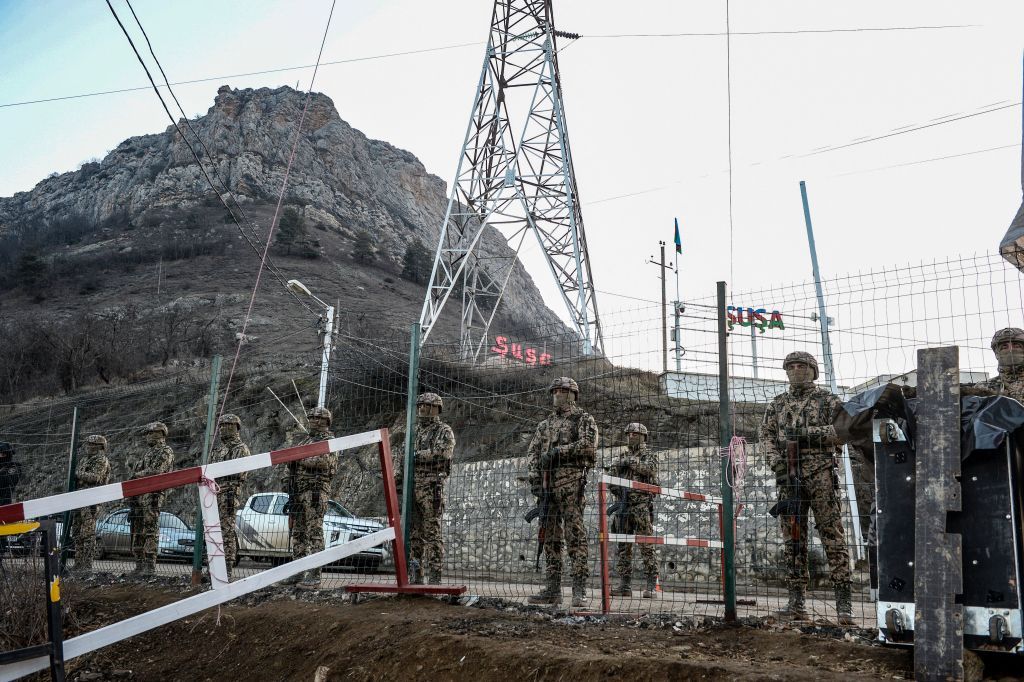Azerbaijan says it will continue Nagorno-Karabakh offensive until 'illegal Armenian military formations' surrender

Azerbaijan's Presidential Office said on Sept. 19 that it would continue the military operation against Nagorno-Karabakh until "the illegal Armenian military formations" surrender.
Earlier, Armenia denounced the offensive and claimed that Armenian forces are not stationed in Nagorno-Karabakh and do not participate in hostilities.
Baku also claimed it's ready to meet with representatives of Nagorno-Karabakh's Armenian population in the Azerbaijani city of Yevlakh.
Earlier on Sept. 19, Azerbaijan launched a military operation in Nagorno-Karabakh with the claimed "goal of restoring the constitutional order."
According to the latest information published by the Ombudsman of the self-proclaimed Nagorno-Karabakh Republic, 25 people have been killed as a result of the hostilities and another 138 have been injured.
Nagorno-Karabakh is recognized as Azerbaijan's territory under international law. Its population of 120,000 is predominantly Armenian.
The territory declared independence in 1991 with Yerevan's military support. Until 2020, Armenia de facto controlled Nagorno-Karabakh together with the surrounding regions.
In 2020, Azerbaijan launched a military operation establishing control over parts of Nagorno Karabakh.
In November 2020, Russia brokered an armistice between Armenia and Azerbaijan. Moscow sent forces to patrol the Lachin corridor, the only road connecting Nagorno-Karabakh with Armenia.
In 2022, Yerevan accused Russia of failing its peacekeeping mission when Moscow began withdrawing its troops in 2022 and allowed Azerbaijan to blockade Nagorno-Karabakh, preventing basic supplies from reaching the population.














